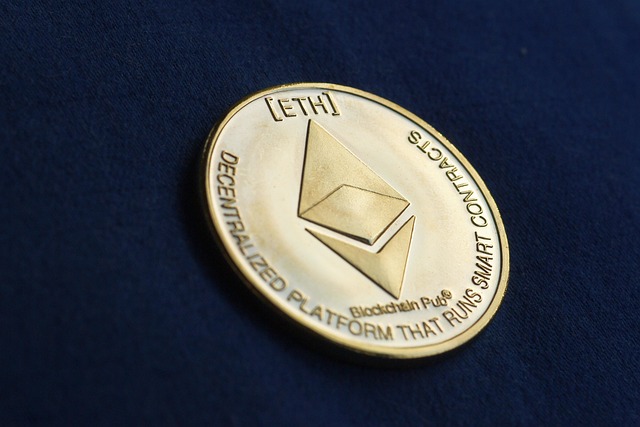Understanding the Role of Ethereum in Decentralized Applications
Ethereum has revolutionized the way we think about decentralized applications (dApps). With its smart contract functionality and decentralized network, Ethereum has enabled developers to build complex, secure, and transparent dApps. In this article, we will delve into the role of Ethereum in dApp development and explore its benefits, challenges, and future prospects.
Ethereum’s Smart Contract Platform
Ethereum’s smart contract platform is a key component of its decentralized architecture. Smart contracts are self-executing contracts with the terms of the agreement written directly into lines of code. This allows for the automation of various processes and the elimination of intermediaries. Ethereum’s smart contract platform enables developers to build dApps that can interact with each other and with users in a secure and transparent manner.
Decentralized Network
Ethereum’s decentralized network is another critical aspect of its role in dApp development. The Ethereum network is a peer-to-peer network that allows nodes to communicate with each other directly. This enables the transfer of value, data, and other types of assets without the need for intermediaries. The decentralized nature of Ethereum’s network ensures that data is secure, transparent, and tamper-proof.
DApp Development Process
Developing a dApp on the Ethereum platform involves several key steps. Firstly, developers must design and plan their application, taking into account its functionality, user experience, and scalability. Secondly, they must develop the smart contracts that will underpin their application’s logic. Finally, they must deploy and test their application on the Ethereum network.
Benefits of Using Ethereum for dApps
There are several benefits to using Ethereum for dApp development. Firstly, Ethereum’s smart contract platform enables developers to build complex, secure, and transparent applications. Secondly, its decentralized network ensures that data is secure, transparent, and tamper-proof. Finally, Ethereum’s scalability solutions enable developers to build high-performance applications that can handle large amounts of traffic.
Challenges of Using Ethereum for dApps
There are several challenges associated with using Ethereum for dApp development. Firstly, Ethereum’s smart contract platform is still evolving, and there are ongoing issues with scalability and security. Secondly, the decentralized nature of Ethereum’s network can make it difficult to manage and maintain applications. Finally, the complexity of Ethereum’s platform can be intimidating for new developers.
Future Prospects for Ethereum in dApp Development
Ethereum is well-positioned to continue playing a major role in dApp development in the future. With ongoing investment in scalability solutions such as sharding and layer 2 scaling, Ethereum is poised to handle high volumes of traffic without compromising on security or performance. Additionally, Ethereum’s smart contract platform continues to evolve, with new features and improvements being added regularly.
Conclusion
In conclusion, Ethereum plays a critical role in dApp development. Its smart contract platform enables developers to build complex, secure, and transparent applications. Its decentralized network ensures that data is secure, transparent, and tamper-proof. As the ecosystem continues to evolve, we can expect to see even more innovative uses of Ethereum for dApp development.
Tags: Decentralized Applications, Smart Contract Platform, Blockchain Development, Decentralized Network, DApp Development
